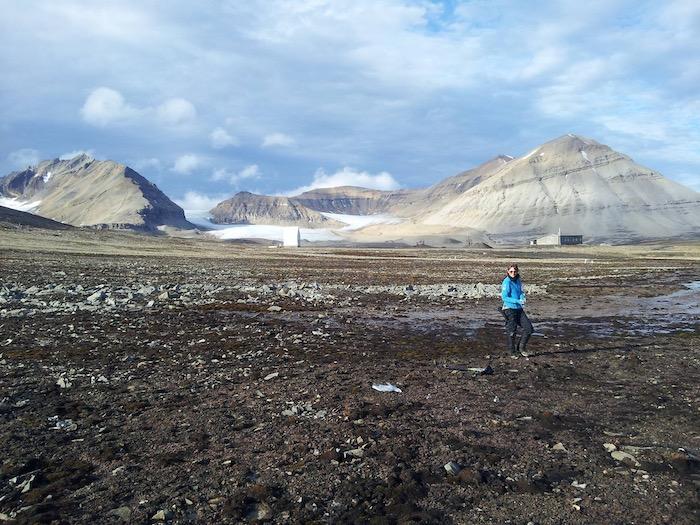
A University of Kansas geologist recently determined that antibiotic-resistant microbes have spread to the remote arctic soil of Norway and could have severe implications for global human health.
The discovery — published in the journal Environment International — found that multidrug-resistant superbugs are among those locked in the permafrost samples. One of the resistance genes found in the High Arctic of Norway originally came from New Delhi. The region is considered one of the Earth’s most remote locations.
“The study offered a good opportunity to test soil samples for antibiotic genes with the hypothesis that Svalbard was such a remote and isolated place, we wouldn’t find any evidence of such genes,” Jennifer Roberts, study head, as well as a professor and chair of geology at KU, said. “In contrast, we found quite a few including superbug antibiotic-resistant genes like the New Delhi gene, which first emerged in India not very long ago. This was a surprise — the genes we found clearly had a short transfer time between being discovered in India and our group detecting them in the Arctic only a few years later.”
Speculated causes for the spread have likely stemmed from human or bird waste, which funneled the resistant microbes into water sources. That resistance then spread through “lateral gene transfer” as the original microbes died and released genetic material.
“Microorganisms have used resistance capabilities to overcome immunities in the environment for a long time, producing antibiotic-resistant genes that are considered natural and native,” Roberts said. “But with the use of manufactured antibiotics for humans and animals all over the world, we’ve seen rapid evolution of resistant genes. We found both native and evolved antibiotic-resistant genes in the Arctic. The concern is that with resistance spreading on this scale, we may be approaching a post-antibiotic era where none of our antibiotics work because the pathogens we’re trying to fight have picked up resistant genes via evolution or lateral transfer.”
According to Roberts, these findings are clear evidence that humans need to be more careful dealing with wastewater and antibiotic stewardship.
“Our human and animal use of antibiotics can have impacts that are beyond ourselves and beyond our local communities — they are global,” she said.




